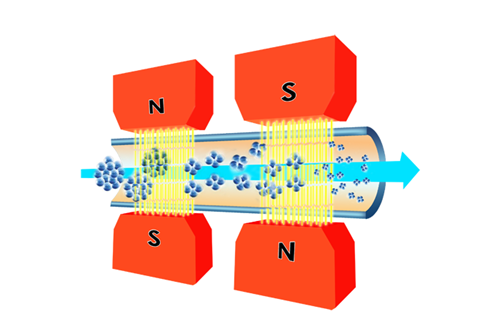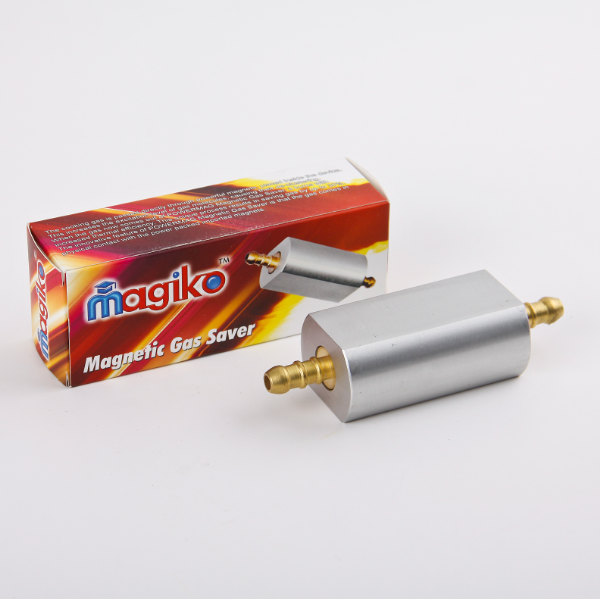How effective is Magnetic Gas Saver?
Dailymag Magnetic gas savers are a relatively new technology in the world of fuel economy,
designed to improve the performance of your vehicle by reducing the amount of fuel consumed. These devices use magnets to change the molecular structure of the gasoline or diesel fuel, which can increase combustion efficiency and ultimately save you money at the pump.

The concept behind magnetic gas savers is based on the idea that the magnetic fields generated by magnets can affect the chemical properties of liquids and gases. In the case of gasoline, the theory is that the magnetic fields can break down the long chains of hydrocarbons that make up the fuel, making them more volatile and easier to combust. This, in turn, leads to more complete combustion and less wasted fuel.

There are a few different types of magnetic gas savers available on the market, but they all work on the same basic principle. The most common type consists of a small magnet that is placed on the fuel line of your vehicle, typically close to the engine.
The magnetic field generated by the magnet then passes through the fuel, changing its chemical properties and improving combustion efficiency.The benefits of using a magnetic gas saver are primarily related to fuel economy. By improving combustion efficiency, you can reduce the amount of fuel that your vehicle consumes. This can lead to significant cost savings over time, especially if you do a lot of driving or have a gas guzzling vehicle. Additionally, some users report that magnetic gas savers can also improve the performance and power of their vehicle, although the evidence for this is largely anecdotal.
However, it's important to note that the effectiveness of magnetic gas savers is not universally agreed upon. Some experts argue that the science behind these devices is questionable, and that there is no solid evidence to support their claims of improved fuel economy.
Additionally, there are concerns about the long-term effects of using magnets on fuel,
and whether they could potentially cause damage to your engine over time.

Another potential issue with magnetic gas savers is that they are not universally compatible with all types of vehicles. Some manufacturers advise against using these devices on newer, high-tech engines, as the magnets could interfere with the delicate sensors and systems that govern engine performance. As such, it's important to do your research and consult with a professional mechanic before installing a magnetic gas saver on your vehicle.
We are sure, magnetic gas savers are an intriguing new technology that promises to improve fuel economy and reduce your carbon footprint. While the evidence for their effectiveness is still up for debate, many users report positive results from using these devices. However, it's important to approach these products with a healthy dose of skepticism, and to make sure that you understand the potential risks and limitations before making a purchase. If you do decide to give a magnetic gas saver a try, be sure to monitor your fuel economy and engine performance closely, and consult with a professional mechanic if you notice any issues.


